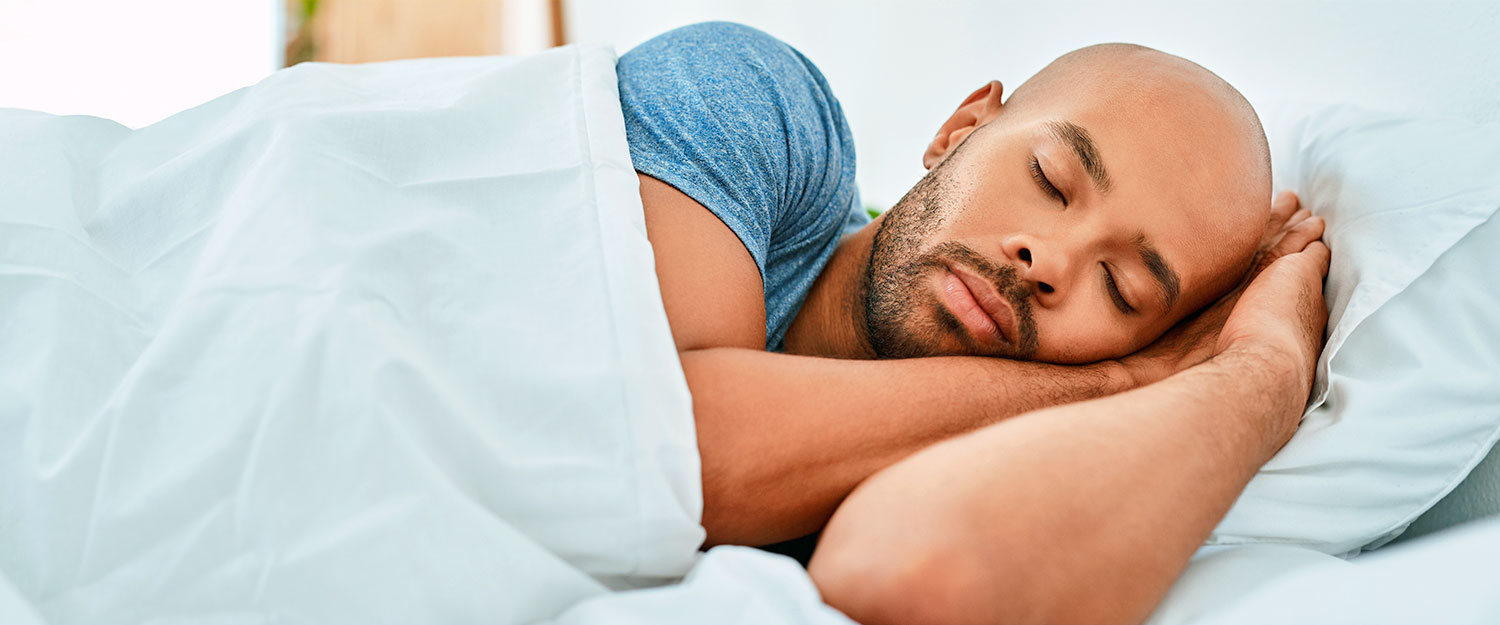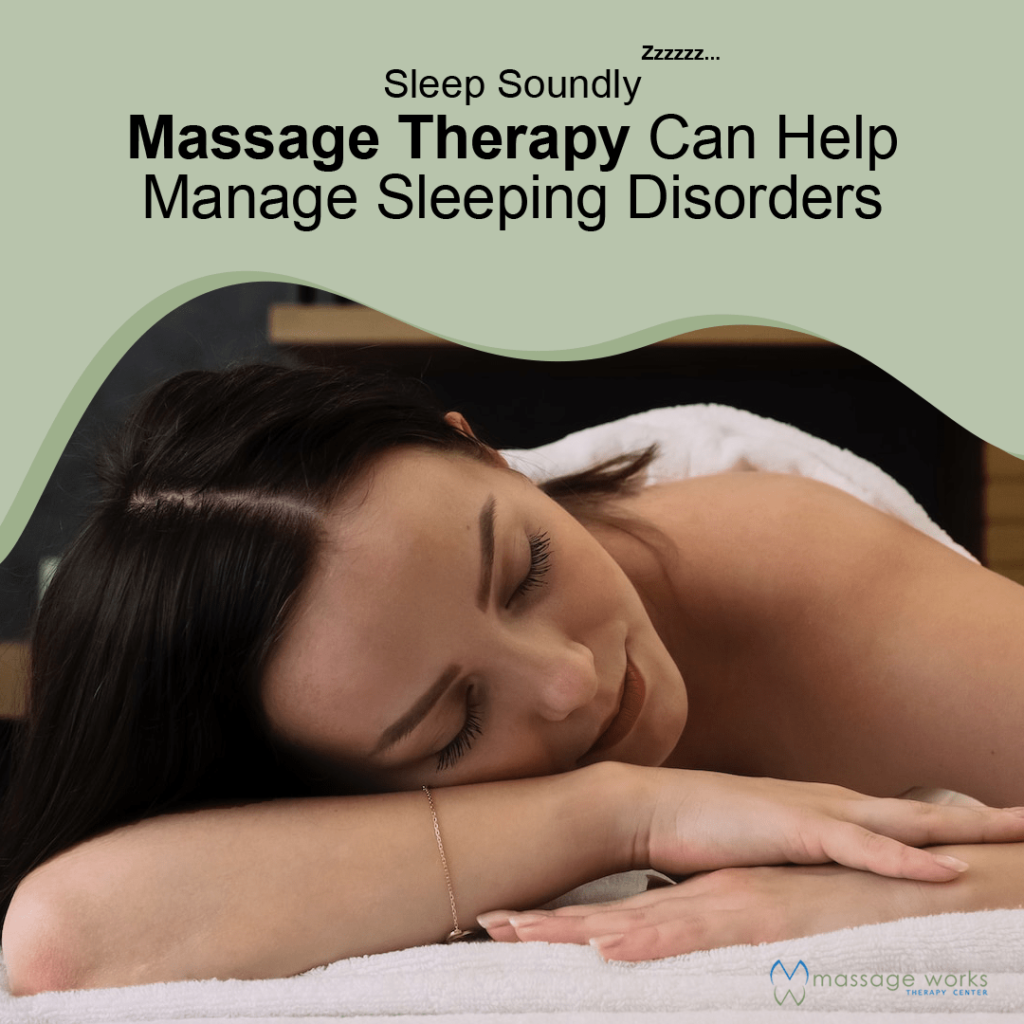Sleep Improvement Therapy - Enhance Your Sleep Top Quality
Sleep Improvement Therapy - Enhance Your Sleep Top Quality
Blog Article
Effective Therapy Solutions for Taking Care Of Sleep Disorders and Enhancing Restful Rest
In the world of medical care, the management of sleep disorders and the mission for relaxed rest are critical components of total wellness. Effective treatment options offer a complex technique to tackle these obstacles, ranging from cognitive behavioral treatments to holistic techniques that promote leisure and mindfulness. The exploration of numerous techniques, consisting of the combination of medication and light therapy, opens a realm of possibilities in the search of much better sleep quality. As we browse the detailed landscape of sleep disorders and look for to boost our rest experience, a much deeper understanding of these treatment services may hold the key to opening a much more relaxing and fulfilling restorative journey.
Cognitive Behavior Treatment for Sleep Problems (CBT-I)
Cognitive Behavior Modification for Insomnia (CBT-I) is a structured, evidence-based therapy method that concentrates on resolving the underlying aspects adding to sleep disruptions. This type of therapy intends to change behaviors and ideas that worsen sleeping disorders, inevitably promoting healthy and balanced rest patterns. CBT-I normally includes a number of essential components, consisting of cognitive treatment, sleep restriction, stimulation control, and sleep hygiene education and learning.
Cognitive treatment aids people recognize and alter negative idea patterns and ideas about rest that might be preventing their ability to drop or stay asleep. Sleep limitation entails restricting the amount of time spent in bed to match the person's actual rest period, thereby enhancing sleep performance (sleep disorder treatment). Stimulation control strategies aid establish a strong organization between the bed and sleep by urging individuals to go to bed just when sleepy and to avoid participating in boosting tasks in bed
Moreover, sleep hygiene education and learning concentrates on developing healthy and balanced rest habits, such as preserving a consistent sleep timetable, producing a relaxing bedtime routine, and maximizing the rest atmosphere. By attending to these elements comprehensively, CBT-I supplies an efficient non-pharmacological intervention for handling insomnia and improving total rest quality.
Rest Hygiene Practices
Having actually developed the foundation of cognitive restructuring and behavior modifications in resolving sleeplessness through Cognitive Behavior modification for Sleeplessness (CBT-I), the focus currently moves in the direction of discovering necessary Sleep Hygiene Practices for keeping optimal sleep high quality and total well-being.
Rest health practices include a series of practices and ecological elements that can significantly influence one's ability to drop asleep and stay asleep throughout the evening. Regular rest and wake times, producing a relaxing going to bed routine, and optimizing the sleep setting by keeping it dark, silent, and cool are essential elements of excellent rest health. Limiting direct exposure to displays before bedtime, staying clear of energizers like caffeine near bedtime, and involving in routine physical task during the day can likewise advertise better rest quality.
Additionally, practicing leisure strategies such as deep breathing workouts or meditation before bed can aid relax the mind and prepare the body for rest. By integrating these sleep hygiene methods into one's daily routine, individuals can develop a healthy sleep pattern that sustains relaxing rest and overall wellness.
Relaxation Techniques and Mindfulness
Executing leisure strategies and mindfulness practices can play an essential function in cultivating a feeling of calm and advertising high quality sleep. natural insomnia remedies. These techniques intend to peaceful the mind, minimize tension, and create an optimal atmosphere for peaceful rest. One widely practiced approach is deep breathing workouts, where individuals concentrate on sluggish, deep breaths to unwind the body and mind. Modern muscle relaxation entails tensing and then launching each muscle mass group, promoting physical leisure. Additionally, led imagery can assist transfer people to a relaxed place in their minds, helping in stress reduction and boosting sleep high quality.
By including these methods right into a bedtime routine, people you can find out more can signify to their bodies that it is time to prepare and take a break for rest. On the whole, incorporating leisure methods and mindfulness methods can dramatically add to handling sleep disorders and boosting total sleep quality.

Medication Options for Rest Disorders
After exploring relaxation methods and mindfulness methods as non-pharmacological interventions for enhancing sleep top quality, it is vital to take into consideration medication choices for individuals with sleep disorders. In cases where way of living changes and treatment do not offer sufficient alleviation, medicine can be a valuable device in managing sleep disruptions.
Commonly suggested medications for rest disorders include benzodiazepines, non-benzodiazepine hypnotics, antidepressants, and melatonin receptor agonists. Benzodiazepines, such as diazepam, are sedatives that can aid cause sleep, yet they are normally recommended for short-term usage due to the danger of reliance. Non-benzodiazepine hypnotics like zolpidem are also utilized to treat sleeplessness and have a lower danger of reliance compared to benzodiazepines. Antidepressants, such as trazodone, can be beneficial for people with co-occurring anxiety and sleep disturbances. Melatonin receptor agonists, like ramelteon, target the body's natural sleep-wake cycle and can be practical for controling rest patterns.
It is critical for individuals to consult with a doctor to identify one look at this now of the most appropriate drug option based upon their details rest disorder and medical history.
Light Therapy for Circadian Rhythm Policy
Light therapy, additionally called photo-therapy, is a non-invasive treatment technique made use of to control body clocks and enhance sleep-wake cycles. This treatment includes direct exposure to brilliant light that resembles natural sunshine, which assists to reset the body's biological rhythm. By subjecting individuals to certain wavelengths of light, usually in the morning or night depending upon the wanted effect, light therapy can effectively change the body clock to promote wakefulness during the day and improve relaxing sleep during the night.
Research study has shown that light therapy can be especially helpful for individuals with circadian rhythm disorders, such as delayed sleep stage disorder or jet lag. It can also be handy for those experiencing seasonal affective problem (SAD), a sort of clinical depression that generally takes place during the winter season when all-natural light direct exposure is minimized. Light treatment is usually well-tolerated and can be used along with other therapy techniques for sleep disorders to optimize end results and improve overall sleep high quality.
Final Thought
Finally, reliable therapy options for taking care of sleep disorders and improving relaxing sleep include Cognitive Behavioral Treatment for Sleep Problems (CBT-I), rest hygiene practices, leisure techniques and mindfulness, medicine options, and light therapy for body clock guideline. These techniques can help people enhance their rest quality and total health. It is crucial to seek advice from a health care provider to figure out the most appropriate approach for attending to sleep problems.
As we browse the intricate landscape of sleep conditions and look for to boost our rest experience, a deeper understanding of these treatment options might hold the key to opening a much more relaxing and meeting corrective journey.
Sleep restriction includes restricting the amount of time spent in bed to match the person's real rest duration, therefore enhancing rest efficiency. Consistent sleep and wake times, creating a relaxing bedtime routine, and webpage maximizing the sleep environment by maintaining it dark, quiet, and cool are important components of great sleep hygiene. Light treatment is normally well-tolerated and can be made use of in conjunction with other treatment techniques for sleep conditions to maximize outcomes and boost total rest quality.

Report this page